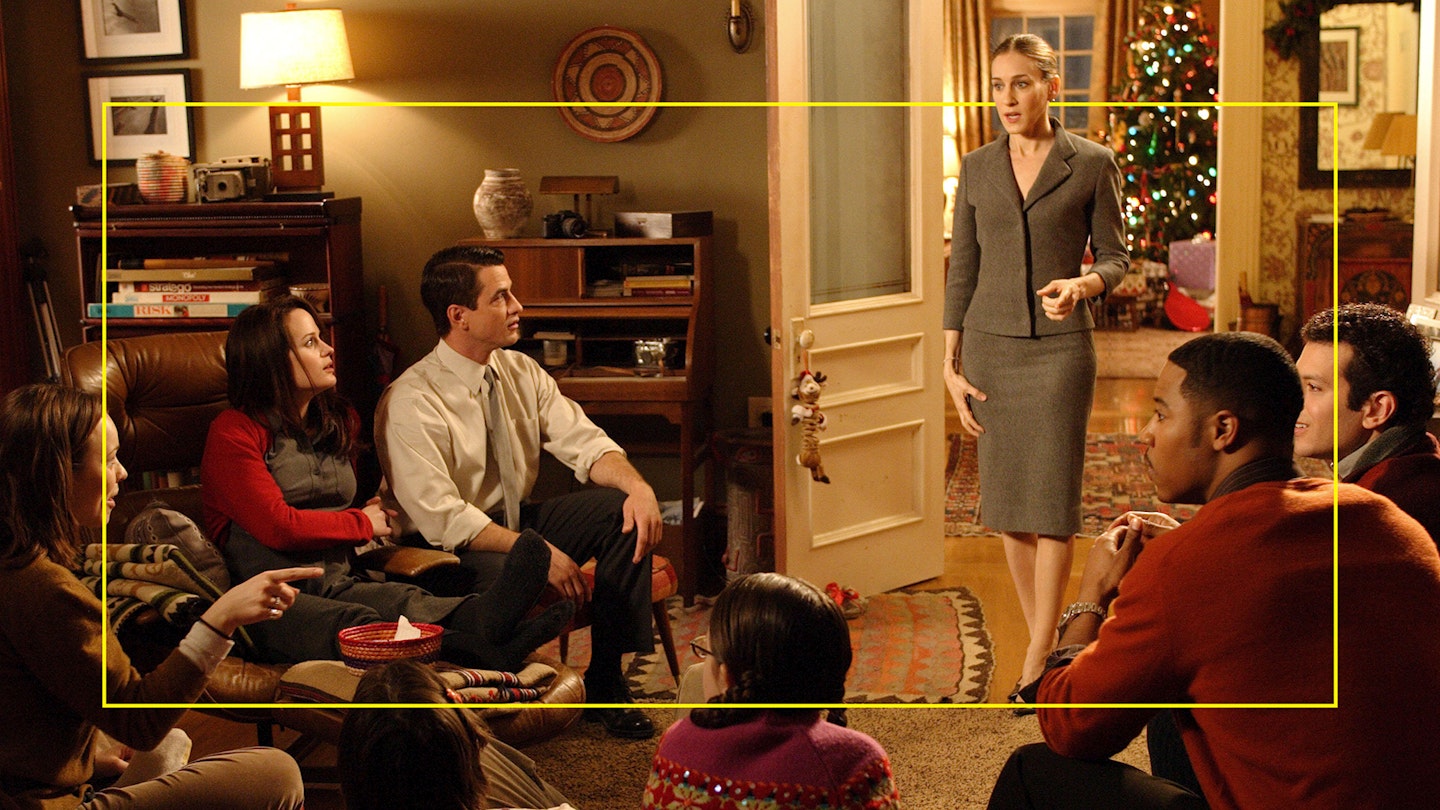There's an old adage that says you should never discuss religion or politics in mixed company. In 2016, however, that rule went well and truly out of the window. The Brexit referendum and Trump’s election meant we were officially living in ‘interesting times’.
This was followed by what’s been dubbed the ‘culture war’, where, in a bid to distract from their incompetence on Covid, politicians instead persuaded us to be furious about footballers taking the knee, the National Trust acknowledging colonialism, trans people wanting healthcare, Meghan Markle having the temerity to exist and, of course, STATUES.
Suddenly, it seemed every get-together held the potential to detour into a Question Time shoutathon.
Throw social media into the mix and it’s a recipe for more disharmony. Pre-Facebook, we would never have known that our cousin was an antivaxxer or our dad’s mate thinks Piers Morgan ‘says what everyone is thinking’. This Christmas, we’re faced with the prospect of coming face to face with people whose views we find abhorrent.
Just over a year ago, I landed my dream job presenting on LBC, a talk radio station tuned into by more than three million listeners each week. Every Saturday evening, I leave the comforting, leftie silo that is my friendship group and Twitter following and discuss the biggest news stories of the day with anyone who feels sufficiently exercised to call me.
It’s taught me a lot about how to debate without it descending into a screaming match. I have learned the power of the phrase, ‘That’s an interesting way of looking at it, why do you think that?’ Many people have never been asked this question before.
They’re used to conversations consisting almost entirely of meaningless soundbites (‘Sovereignty!’,‘Borisisdoinghisbest!’, ‘Everything is too woke these days!’) and wrongly consider these to be mic-drop statements. If you show non-aggressive interest, it’ll throw them off. They’ll be forced to think about what they actually mean.
Asking people to cite their sources is also a handy tool. We’re all bombarded with so much information, it can be difficult to differentiate facts we’ve learned from credible experts and something we ‘heard/ saw somewhere’. We’re also all prone to confirmation bias, which means we’ll believe something that supports our world view, even if it’s a hand-drawn graph posted by a member of a ’90s pop group.
Finally, if you want to avoid conflict, separate the person and their motivations from the view they’re expressing. Rather than calling someone sexist, for example, you can say something like, ‘I know you’re a decent guy, so it surprises me to hear you say that.’ Then explain why it’s rooted in sexism. People love to be flattered, so you can even add something like, ‘I know you’re smart enough to understand this.’
That is if you have the energy, of course. Christmas is supposed to be a restful time. You’re perfectly entitled to say, ‘I find that statement incredibly offensive, please don’t say it to me again,’ and move on to another conversational topic... or take yourself out into the garden for a fortifying Baileys.
READ MORE: How To Argue With Your Boss
